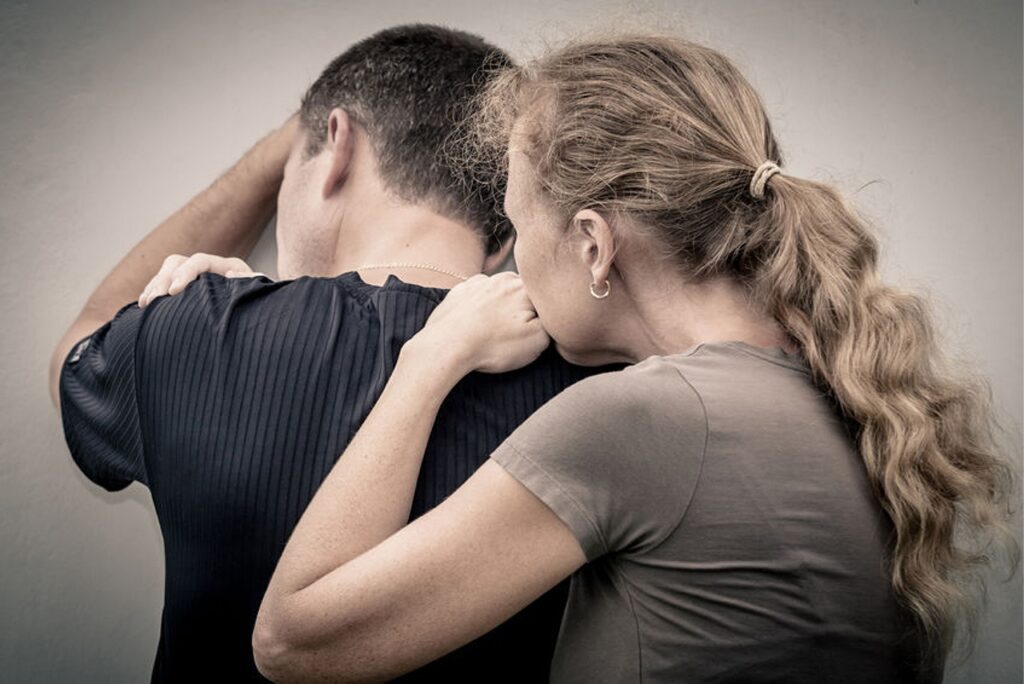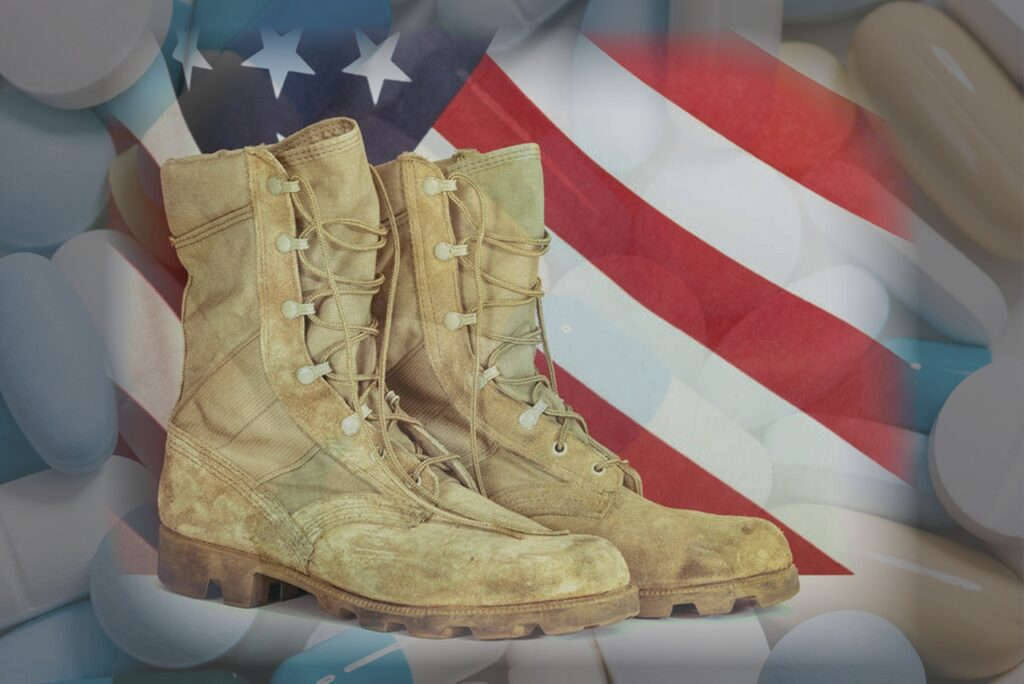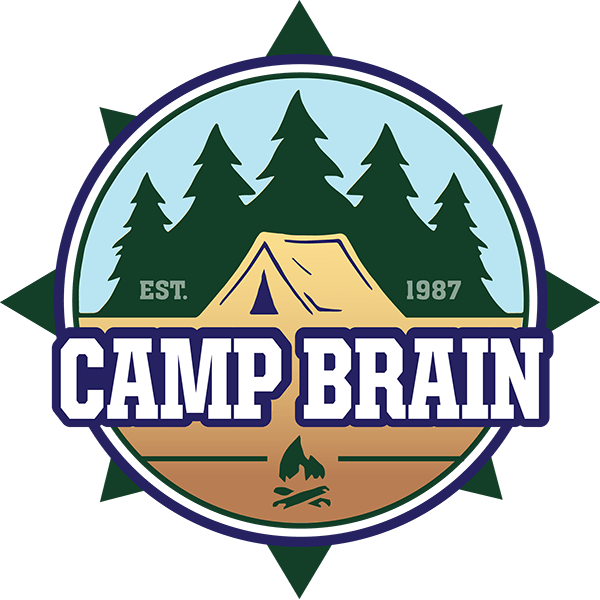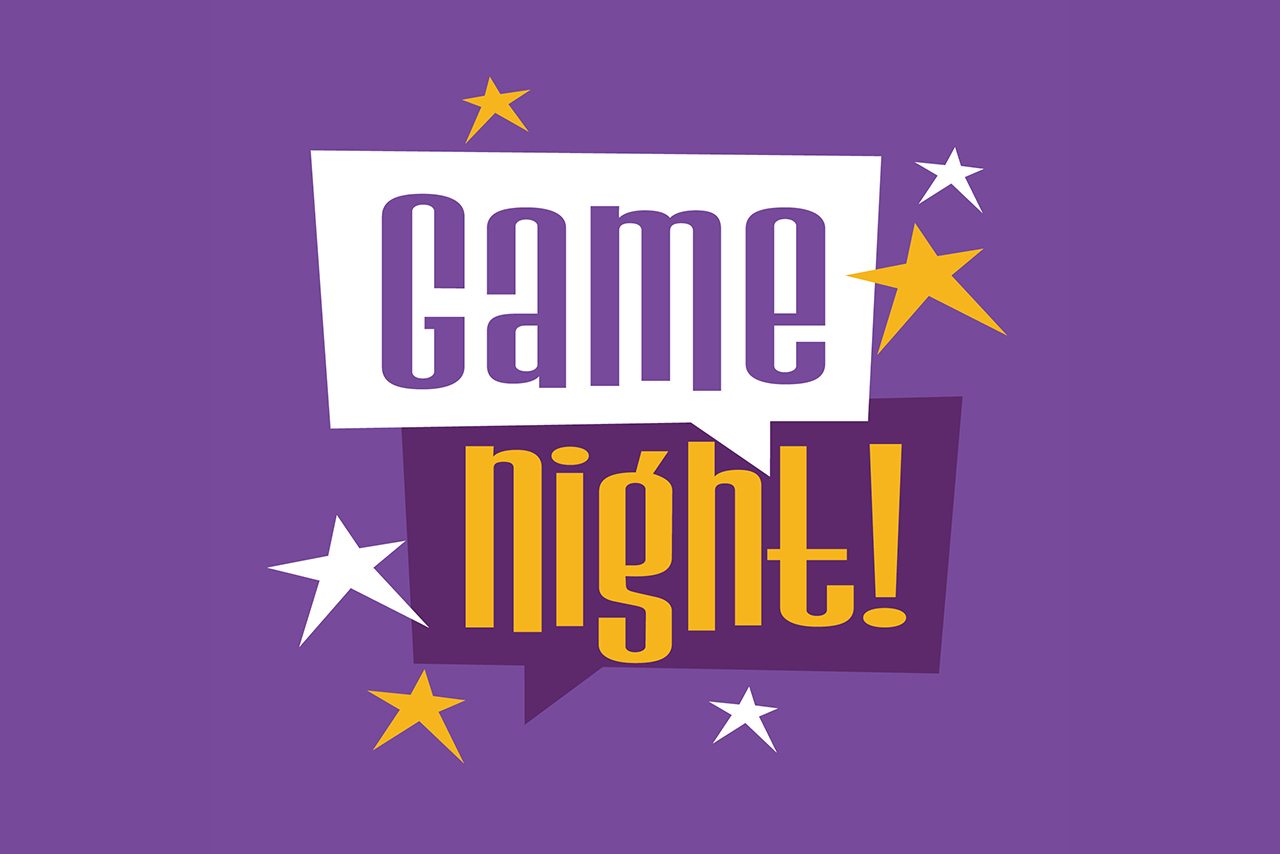Did You Know?
An opioid overdose cuts off oxygen to the brain, often causing hypoxic or anoxic brain injury, even if the overdose is reversed with Narcan (Naloxone).
Even if you are revived and your life is saved, every overdose increases your risk of lasting damage to the brain.
If you have ever overdosed and now feel “different,” it is possible you have experienced a brain injury, which may result in temporary or permanent cognitive and/or physical impairments.
Opioids &
Substance Use Disorder
Opioids & Substance Use Disorder
Did You Know?
An opioid overdose cuts off oxygen to the brain, often causing hypoxic or anoxic brain injury, even if the overdose is reversed with Narcan (Naloxone).
Even if you are revived and your life is saved, every overdose increases your risk of lasting damage to the brain.
If you have ever overdosed and now feel “different,” it is possible you have experienced a brain injury, which may result in temporary or permanent cognitive and/or physical impairments.
ARIZONA OPIOID BY THE NUMBERS
June 2017 — January 2018
812
Died of a suspected opiod overdose
5,202
suffered a suspected opioid overdose
455
babies born addicted
to opioids
3,114
reported overdoses in Maricopa County
993
reported overdoses in Pima County
Pain is the #1 reported symptom after a brain injury.
70%
of patients hospitalized with a TBI receive an opioid prescription
75%
of heroin users in treatment started with painkillers
Opioid misuse can cause brain injury — Brain Injury can lead to opioid addiction
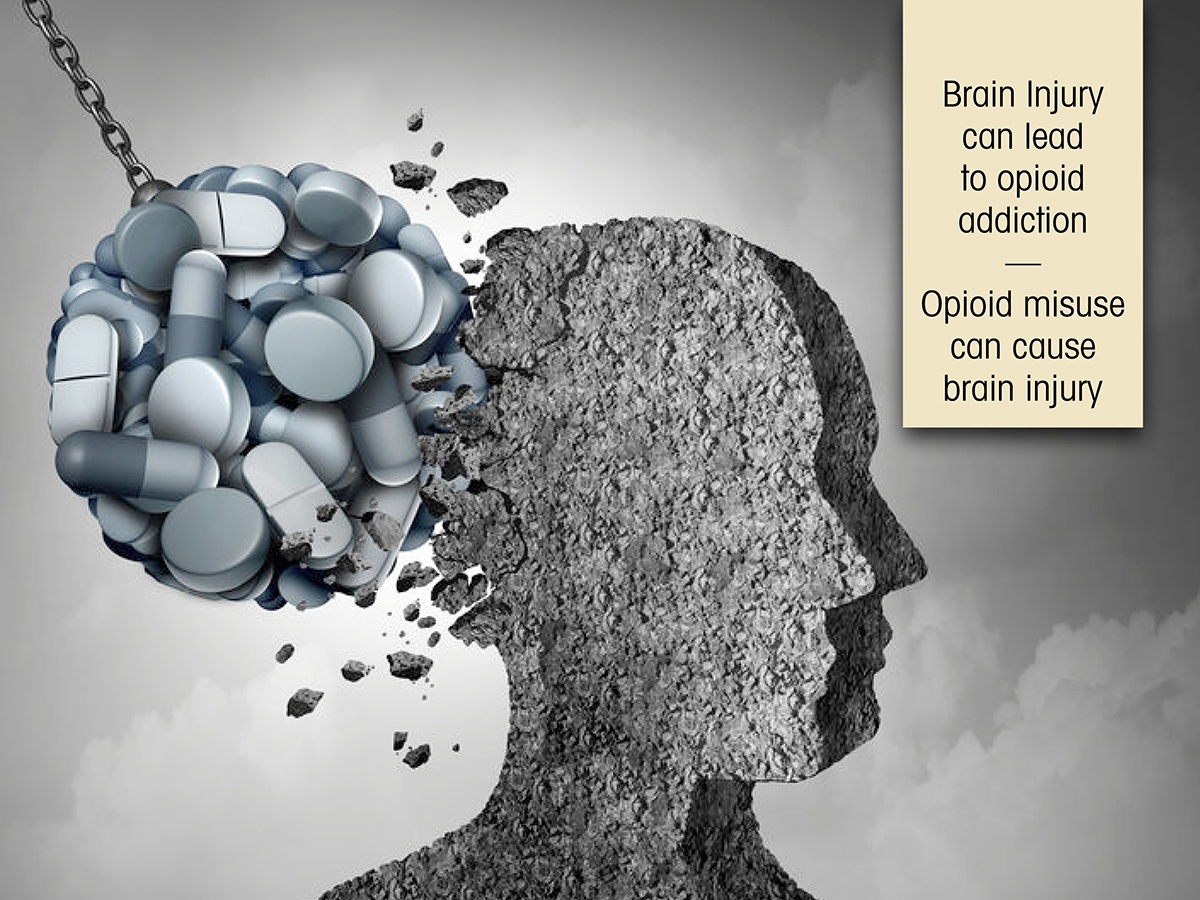
Brain Injury & Substance Use Disorder
Struggling with Substances
If you use opioid drugs or other substances and feel you may have developed a dependency or addiction...
Brain Injury Survivors
If you have been prescribed opioids or are struggling with opioid dependence...
About Brain Injury and the Opioid Epidemic
It is no secret that the United States is in the midst of an Opioid Epidemic. In 2017, Health and Human Services (HHS) Secretary Eric D. Hargan declared a public health emergency to address the national opioid crisis. Today, about 130 Americans die every day from an opioid overdose.
But how does this relate to brain injury?
People with TBI are more likely to be prescribed opioids than those without. In fact, 70% of people receiving rehabilitation for TBI receive an opioid prescription. A person with a brain injury may be more susceptible to opioid addiction. Once a dependence on the drug has formed, a person with TBI may have more challenges when seeking treatment and recovery.
On the flip side, opioid use or misuse may put a person at a higher risk of acquiring a brain injury. These drugs may make individuals more likely to experience a fall, a vehicle accident, assault or family violence. There is also the possibility that a person using opioids will experience an overdose.
When a person overdoses on opioids, their breathing slows or stops altogether. This deprives the brain of oxygen, which can result in hypoxic (not enough oxygen) or anoxic (no oxygen) brain injury. Even if a person survives the overdose thanks to the overdose-reversal drug Naloxone (Narcan), there still may be lasting effects on the brain. Most people who overdose will do so more than once, and every subsequent overdose means more possible injury to the brain.
Struggling with substance use is hard enough on its own, and it can be even more difficult for someone with a brain injury. If you or someone you love struggles with one or both of these conditions, the Brain Injury Alliance of Arizona can offer guidance, resources and support. We are dedicated to raising awareness and working toward prevention of future brain injuries.
If you have any questions about brain injury, substance use, harm reduction or recovery, give us a call to speak with a member of our Resource Facilitation team. You are NOT alone and there IS help.
Call our Statewide Neuro Info-line 1 (888) 500-9165 or email us at info@biaaz.org .
CALENDAR
Substance Use Disorder focused events
Other Upcoming Events
August 2024
Lunch And Learn - August
Lunch And Learn - August
Join us for Lunch and Learn, the first Thursday of the month at Noon, to learn more about the Brain Injury Alliance of Arizona (BIAAZ).
Think Tall-Don't Fall - Aug 1st
Think Tall-Don't Fall - Aug 1st
With a series of simple, adaptable movements that activate the mind and body for whole brain functioning Think Tall - Don't Fall can improve your balance, coordination, strength, flexibility, and reflexes. In addition, your mental clarity and mood will improve.
Sweet Tomatoes Returns to Tucson!
Sweet Tomatoes Returns to Tucson!
Let's celebrate Sweet Tomatoes return to Tucson!
Think Tall-Don't Fall - Aug 15th
Think Tall-Don't Fall - Aug 15th
With a series of simple, adaptable movements that activate the mind and body for whole brain functioning Think Tall - Don't Fall can improve your balance, coordination, strength, flexibility, and reflexes. In addition, your mental clarity and mood will improve.
Monthly Game Night
Monthly Game Night
Join us for Monthly Game Night! You are invited to play games, socialize, and meet new people!
NEWS & UPDATES
This March, Shine a Spotlight on Brain Injury from Overdose
While great strides have been made in preventing some common causes of brain injury, other causes have gone shrouded in mystery and stigma. This is particularly so when it comes to brain injuries from opioid overdoses, which have increased during the COVID-19 global pandemic.
BIAAZ Addresses Substance Misuse and Addiction in Disability Community
BIAAZ aims to raise awareness, prevent future brain injuries from substance misuse, and help those who struggle with addiction after brain injury to find recovery.
Opioids for Pain Management – The Other Side
With all this well-deserved attention about the dangers of opioids, there is another side to the story that should not be discounted. Opioids can also be beneficial for many patients as long as they are carefully prescribed and monitored.
Getting Brain Injury Survivors Back To Work After Overdose
This is a profile of one of the many professionals the BIAAZ State Opioid Response Team works with, Samantha Eagle.
State Opioid Response Team
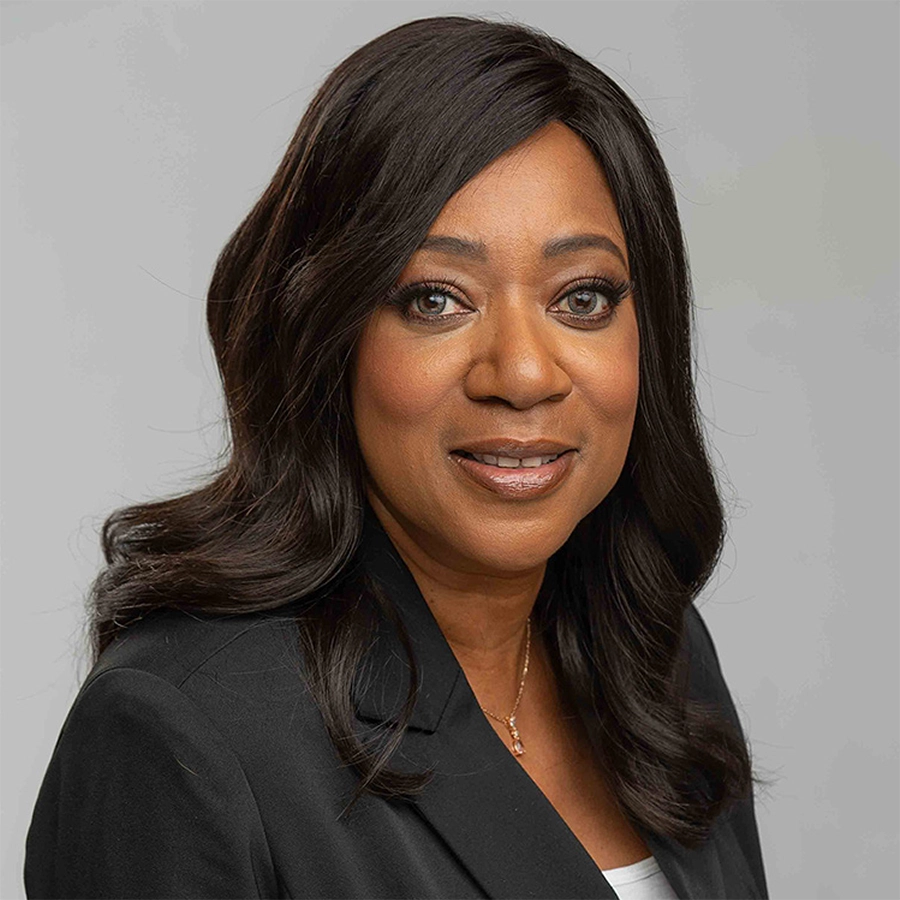
Janice Podzimek
Interpersonal Violence Liaison
Certified Brain Injury Specialist
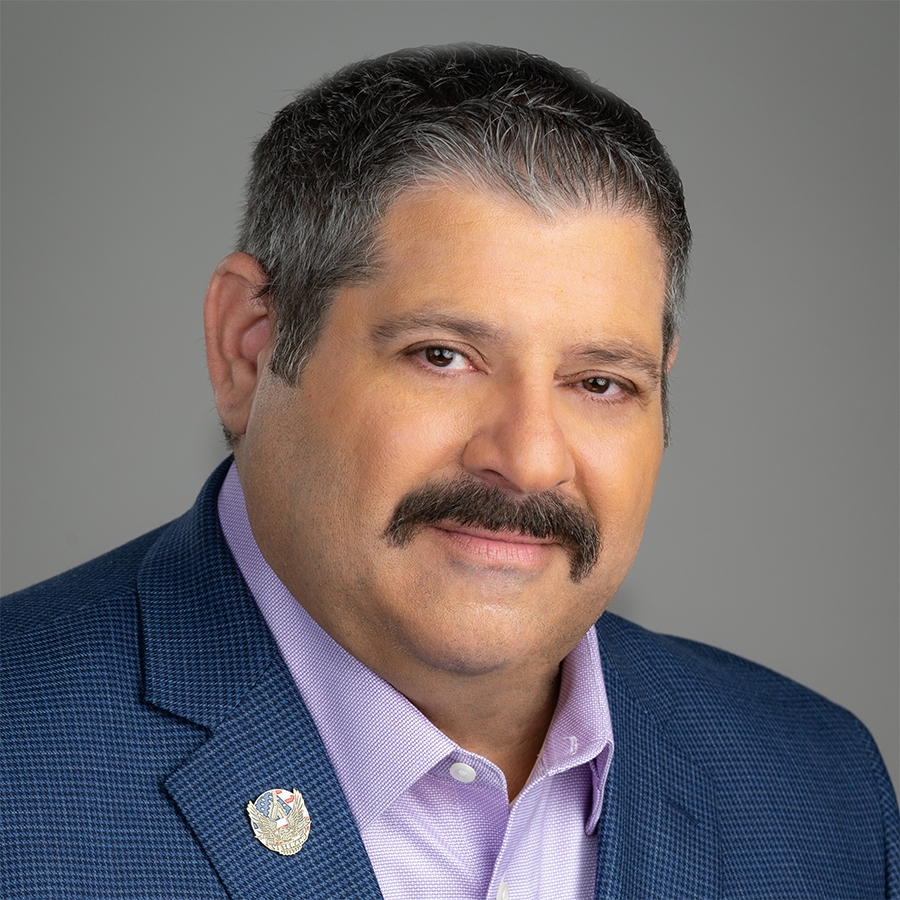
Luke Fadell
Veteran and Military Family Services Coordinator
Certified Peer Support Specialist
About Janice
Janice comes to the Brain Injury Alliance with more than 15 years of experience in the field of brain injury programs and services. Her training in trauma awareness and resiliency has also allowed her to work extensively with underserved communities such as Native Americans and persons of color through both a brain injury and trauma-informed lens.
Janice’s desire for a warmer climate brought her to the Alliance in 2014 for a two-year stint. In January 2020, she returned as an integral member of the Brain injury Alliance’s State Opioid Response Team. This former singer is married with four children and loves to go to concerts when there isn’t a pandemic.
About Luke
Luke has a special interest in supporting veterans of all eras who seek to live well after service connected or post-deployment brain injury.
Supported by a vetted database of neuro-providers, Luke works in tandem with Medication Assisted Treatment Centers, the VA, healthcare providers, and human service organizations to help clients overcome barriers to stay housed and healthy. He currently serves on the VA Mental Health Advisory Board, West Valley Human Services Alliance, and Veterans Action Team. He is also the organization’s Certified Peer Support Specialist and is working toward a Military and Veterans Health, Policy, and Advocacy credential from William & Mary Law School.
Since his father was a Pacific Marine in World War II and his father-in-law served in Vietnam, he is honored to be part of a military family. A Desert Storm veteran himself, Luke connects Arizona military families with resources and services, as well as providing support for enlisted members caring for a parent or child with a brain injury.
When he is not in the community raising awareness or helping clients, Luke enjoys golfing, relaxing with a good cigar, and time with his three grandchildren, Lily, Liam, and Patton.
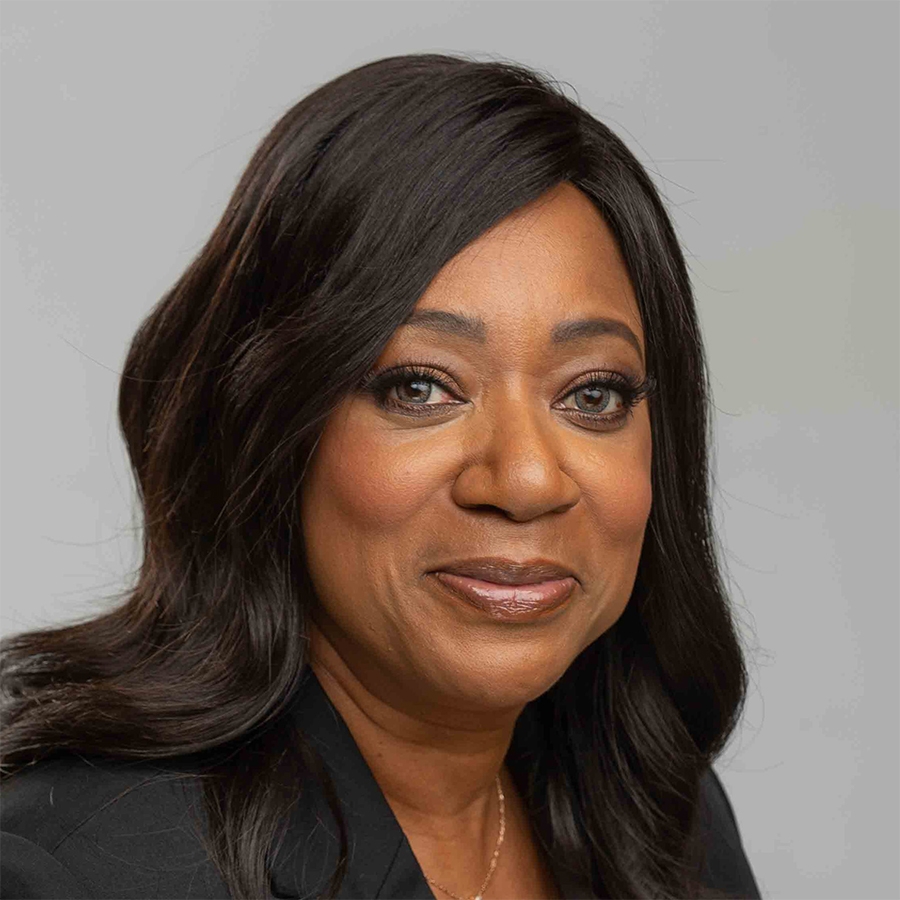
Janice Podzimek
Interpersonal Violence Liaison
Certified Brain Injury Specialist
About Janice
Janice comes to the Brain Injury Alliance with more than 15 years of experience in the field of brain injury programs and services. Her training in trauma awareness and resiliency has also allowed her to work extensively with underserved communities such as Native Americans and persons of color through both a brain injury and trauma-informed lens.
Janice’s desire for a warmer climate brought her to the Alliance in 2014 for a two-year stint. In January 2020, she returned as an integral member of the Brain injury Alliance’s State Opioid Response Team. This former singer is married with four children and loves to go to concerts when there isn’t a pandemic.

Luke Fadell
Veteran and Military Family Services Coordinator
Certified Peer Support Specialist
About Luke
Luke has a special interest in supporting veterans of all eras who seek to live well after service connected or post-deployment brain injury.
Supported by a vetted database of neuro-providers, Luke works in tandem with Medication Assisted Treatment Centers, the VA, healthcare providers, and human service organizations to help clients overcome barriers to stay housed and healthy. He currently serves on the VA Mental Health Advisory Board, West Valley Human Services Alliance, and Veterans Action Team. He is also the organization’s Certified Peer Support Specialist and is working toward a Military and Veterans Health, Policy, and Advocacy credential from William & Mary Law School.
Since his father was a Pacific Marine in World War II and his father-in-law served in Vietnam, he is honored to be part of a military family. A Desert Storm veteran himself, Luke connects Arizona military families with resources and services, as well as providing support for enlisted members caring for a parent or child with a brain injury.
When he is not in the community raising awareness or helping clients, Luke enjoys golfing, relaxing with a good cigar, and time with his three grandchildren, Lily, Liam, and Patton.
Brain Injury Association of Arizona
5025 E. Washington St, Ste 106
Phoenix, Arizona 85034
QCO CODE: 22360
EIN 94-2937165
CALL
(602) 508-8024
HELP LINE
(888) 500-9165
Fax (602) 508-8285
FOLLOW US
contact us
privacy policy
terms & conditions





